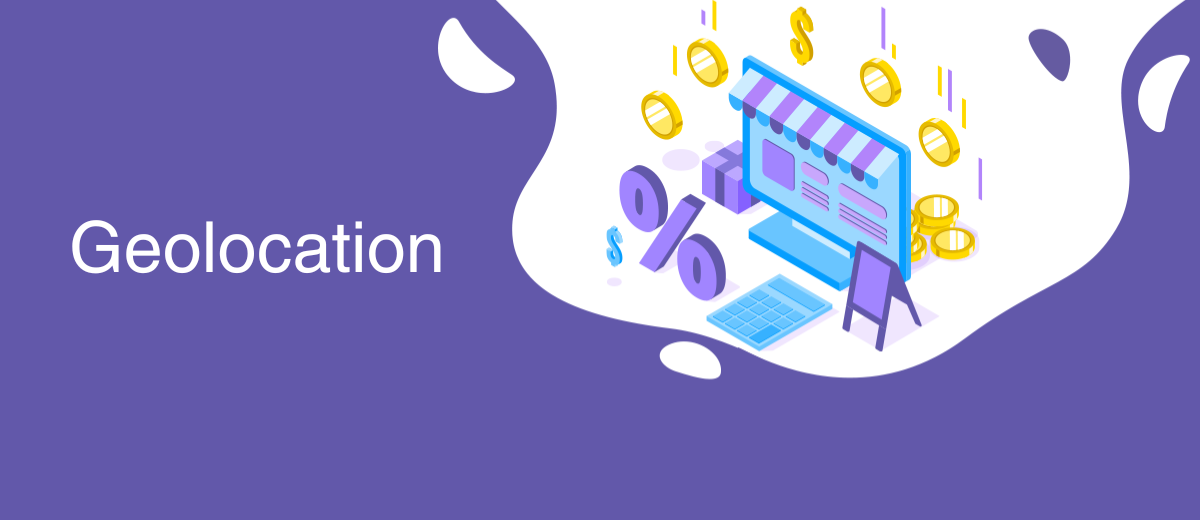Geolocation
Geolocation is the process of identifying the geographical location of an object, such as a device or person, using various technologies and data sources. Geolocation is widely used in numerous applications and industries, including navigation, marketing, social media, gaming, and emergency services. By determining the geographical position of a user or device, geolocation enables the delivery of location-based services, personalized content, and targeted advertising, as well as the monitoring and tracking of assets or individuals.
Techniques and technologies for geolocation:
- Global Positioning System (GPS): GPS is a satellite-based navigation system that allows devices with GPS receivers to determine their precise location on Earth. GPS is commonly used in smartphones, automotive navigation systems, and tracking devices.
- Internet Protocol (IP) Address: IP geolocation involves determining the approximate location of a device based on its IP address, which is assigned by Internet Service Providers (ISPs). IP geolocation is often used for web analytics, fraud detection, and content personalization.
- Wi-Fi and Cellular Networks: By measuring the signal strength and proximity of nearby Wi-Fi access points or cellular towers, devices can estimate their location with varying degrees of accuracy.
- Bluetooth Low Energy (BLE) Beacons: BLE beacons are small devices that emit a unique identifier, allowing smartphones or other devices within range to determine their location relative to the beacon. This technology is often used for indoor positioning and proximity marketing.
Applications of geolocation:
- Navigation and mapping: Geolocation is essential for turn-by-turn navigation, route planning, and the creation of digital maps.
- Location-based services: Geolocation enables the delivery of services tailored to a user's location, such as local search results, weather forecasts, or nearby points of interest.
- Marketing and advertising: Geolocation allows marketers to deliver targeted advertising based on a user's location, increasing the relevance and effectiveness of their campaigns.
- Asset tracking and management: Geolocation can be used to monitor and track the location of vehicles, equipment, or personnel, improving operational efficiency and security.
- Emergency services: Geolocation plays a crucial role in locating individuals in need of assistance during emergencies, such as natural disasters, accidents, or medical situations.
In conclusion, geolocation is a powerful tool for determining the geographical location of objects or individuals, enabling a wide range of applications and services that enhance user experiences, optimize operations, and ensure safety.
Back Home eCommerce Encyclopedia
- Automate the work of an online store or landing
- Empower through integration
- Don't spend money on programmers and integrators
- Save time by automating routine tasks
Set up integration without programmers – ApiX-Drive
Articles about marketing, automation and integrations on our Blog


